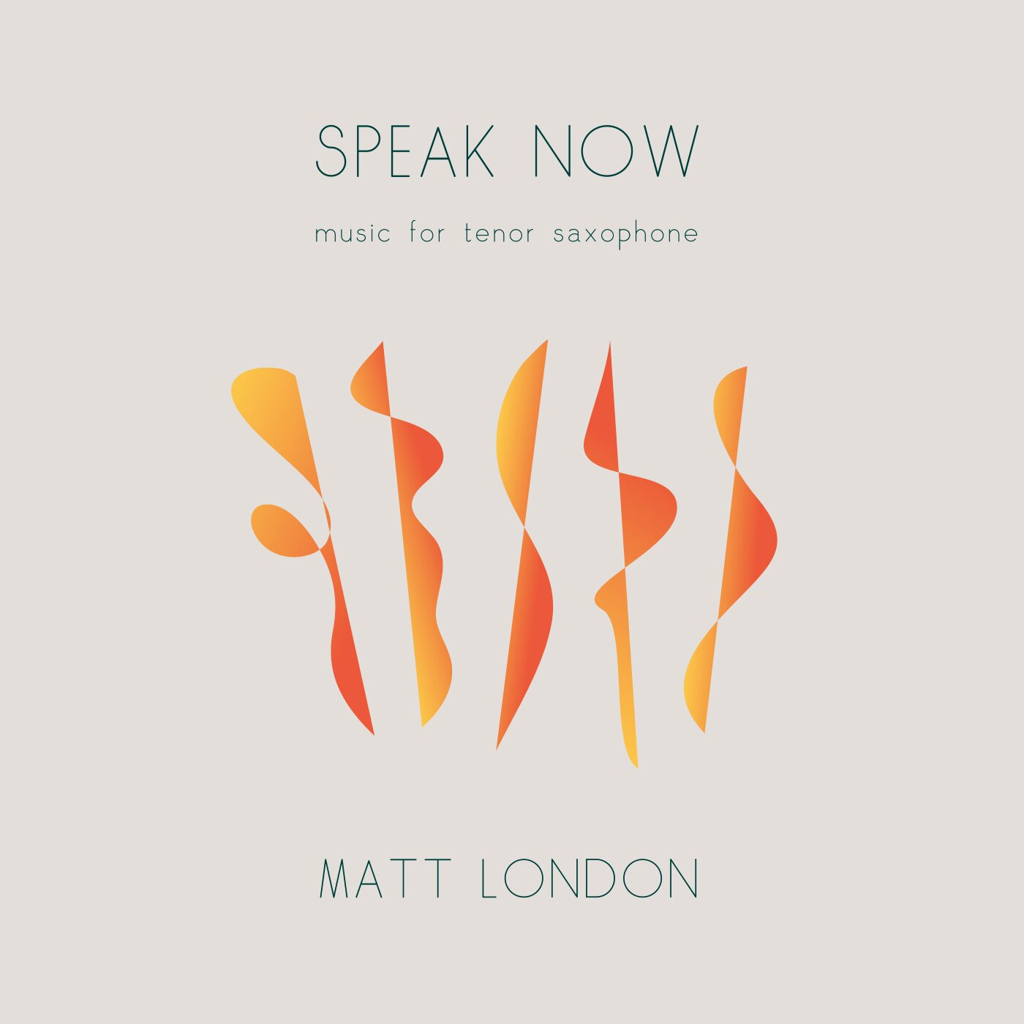Composer:
Graham Coatman
Instrumentation:
Trio (saxophone and any other combination)
Details:
Saxophone, Piano and Marimba/Vibes
Duration:
23:00
Difficulty:
Difficult: approx diploma/professional
Publisher:
grahamcoatman.org
Date:
2009
Soundbite:
Programme notes:
Principles of Freedom is cast in three sections. Each of the three instruments, saxophone, marimba or vibraphone and piano is capable of a wide range of expression, from the gentlest murmurings, and soft melodic wisps of sound, to highly dynamic, athletic and aggressive poundings and shrieks. The way the three lines interact finding counterpoint in the different timbres and textures, and harmony in the interweaving of lyrical lines of melody is what the piece is about.
The first movement opens innocently enough with an easy going melody, based on an African tune I came across whilst working on a sound and light installation which featured an African elephant in one image. Here was the idea of something immense, but that could also be playful. The piano picks up the tune after the opening marimba passage in a fugal answer, and what follows is, in a sense, the antithesis of the freedom mentioned in the title of the work. The relentless drive and energy of the first movement presents challenges to the players, and the tight structure and material are all derived in some way from the opening theme. Even the momentary suspension of movement at the centre, with multiphonics on the saxophone has a key purpose in the overall scheme. The movement drives on to an abrupt, defiant ending.
In the second movement, with its lyrical themes and rhapsodic outpourings, whilst structurally still taut, the free flowing nature of the melody begins to unravel a sense of freedom. The wistful and nostalgic musings of the opening passage give way to this melodic flow, with a sophisticated yet simpler harmonic language. At one point the intensity rises forcing a cadenza-like declamatory outburst from the saxophone, and finally the saxophone takes up a rhythmic figure reminiscent of the first movement, which leads into the finale.
The journey the works takes towards freedom eventually reaches its destination in the finale. Here the drive and energy of the first movement are recaptured, and it is no accident that the music of this movement is derived from a piano piece written some years previously with the title Affirmation. That piano piece was part of a suite Where I Was Before, written at a time when I was seeking to re-define my work as a composer, and re-enter the arena of contemporary music that had seen much earlier successes. Thus there is a very positive ebullience in the finale. I was at pains to find the same dynamic energy of the first movement, and the freedom to write music with a transparent melodic and harmonic feel that yet would not demean the complexity of the earlier movements. Of course, writing music that has this degree of simplicity and openness is the most difficult task! The listener will have to judge how successful I have been.
Performance notes:
For Matt London. Premiered Hexham Abbey Music Festival October 2009.



 Astute Music
Astute Music